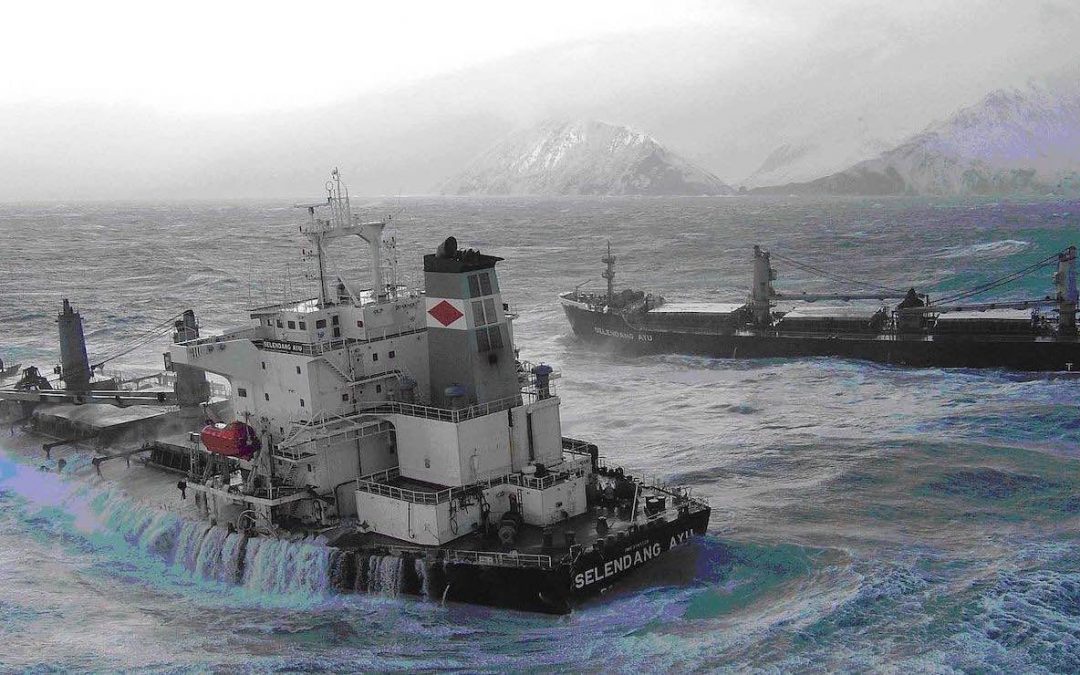The International Maritime Organization’s proposed Arctic heavy fuel oil (HFO) ban, scheduled to be finalised in November, has come in for attack today.
The Washington-based International Council on Clean Transportation (ICCT) has released a 38-page study detailing what it claims are the many loopholes in the proposed new legislation that aims to reduce oil spills and black carbon emissions in the Arctic.
HFO use across the entire Arctic fleet was up 75% in 2019 compared to 2015
Due to exemptions and waivers, IMO’s proposed HFO ban would cover only a fraction of HFO carried and used in the Arctic until exemptions and waivers expire in 2029, the study claims. ICCT analysis shows that had the ban been in place in 2019, it would have eliminated only 30% of HFO carriage and 16% of HFO use, and this would have reduced black carbon emissions by only 5%.
“As newer ships enter the Arctic fleet, especially oil tankers and bulk carriers, more ships will qualify for exemptions. Additionally, if ships reflag to Arctic states, more could qualify for waivers and the effectiveness of the ban would be further eroded,” the council warned today.
The ICCT has suggested eliminating or limiting exemptions and waivers to better protect the fragile Arctic region from both oil spills and black carbon.
HFO use across the entire Arctic fleet was up 75% in 2019 compared to 2015.
Dr Bryan Comer, senior marine researcher at the ICCT, commented: “The IMO’s proposed HFO ban is nothing of the sort. As written, it bans less than one-third of HFO carried and less than one-sixth of HFO used by ships in the Arctic.”
The IMO has yet to respond to the highly critical report.
Source:- Splash 24/7






